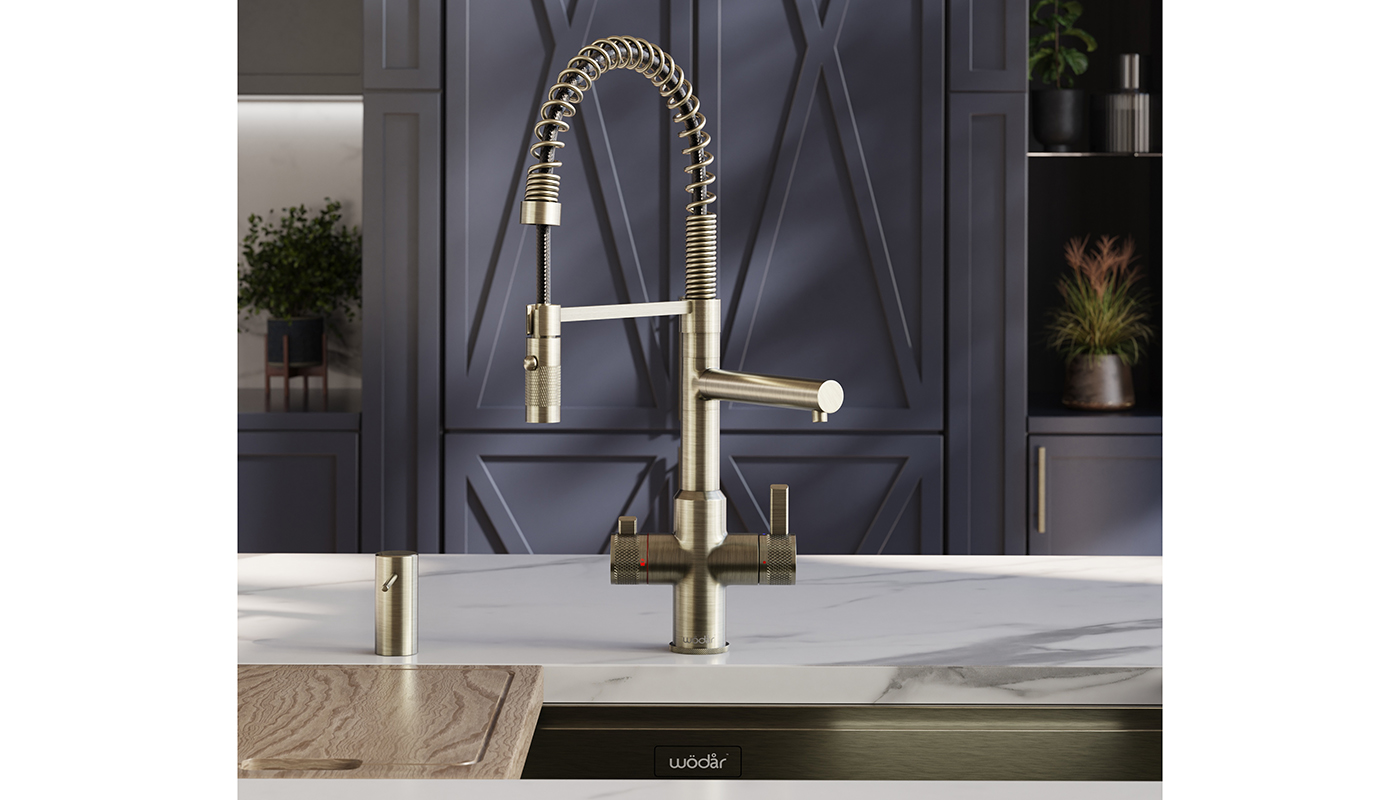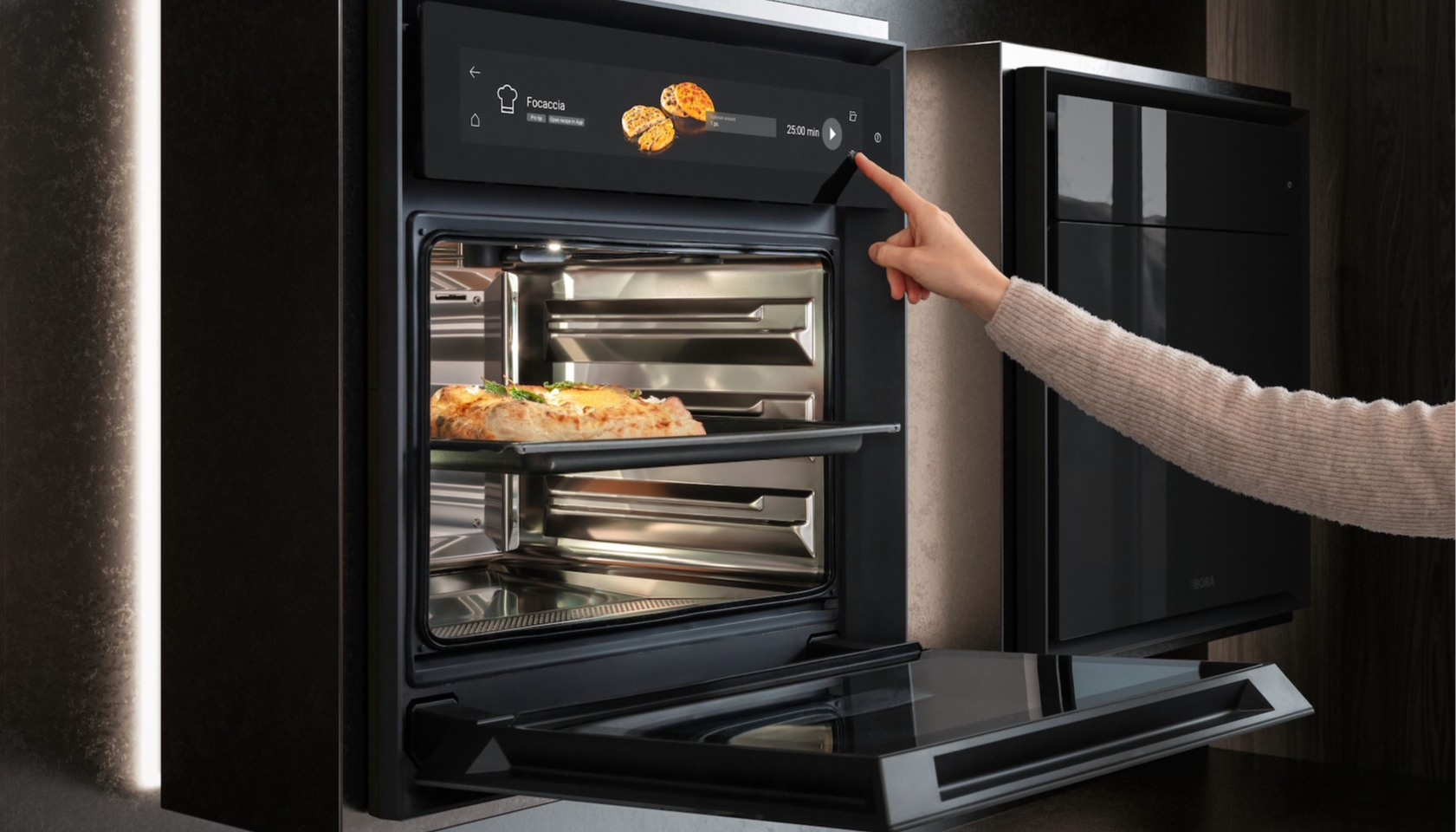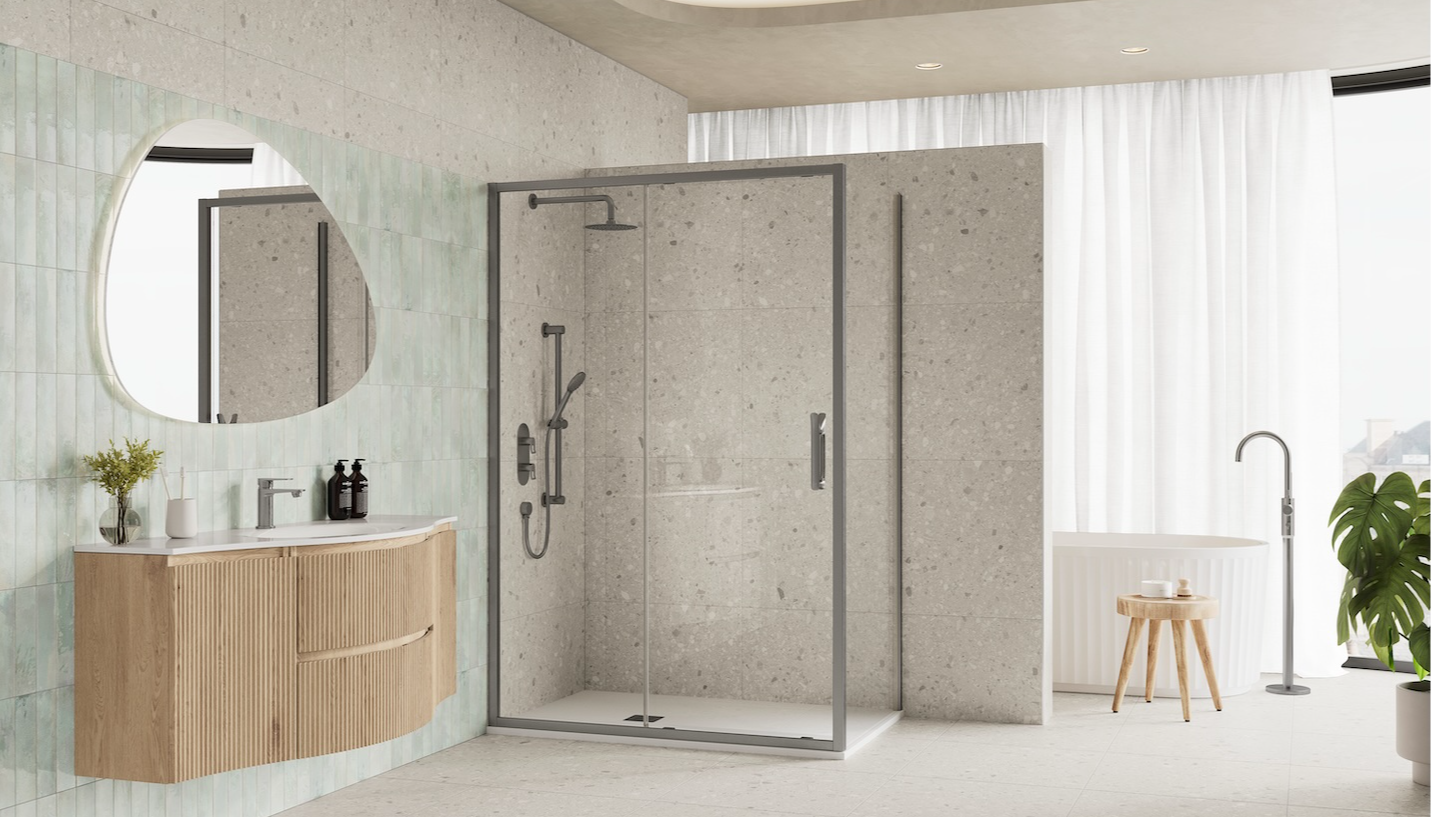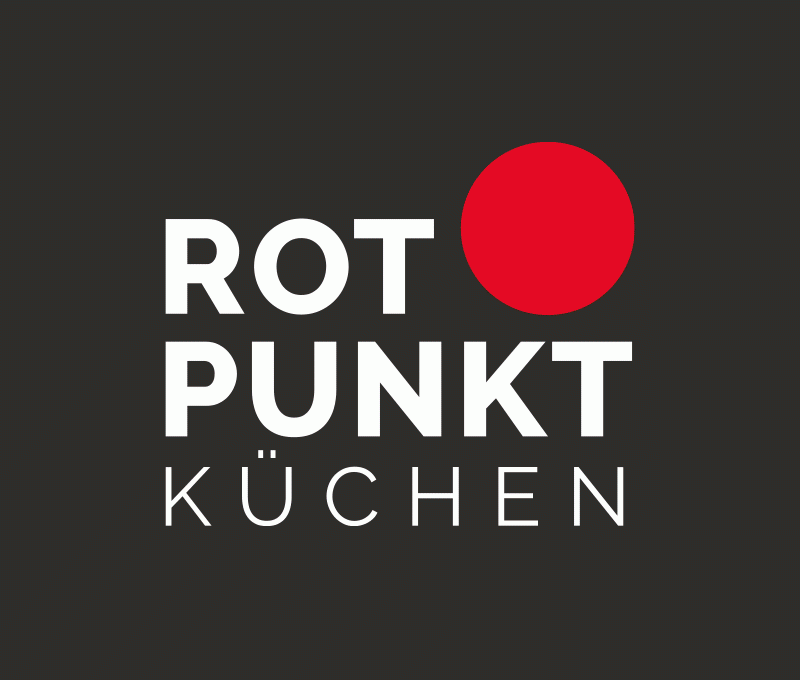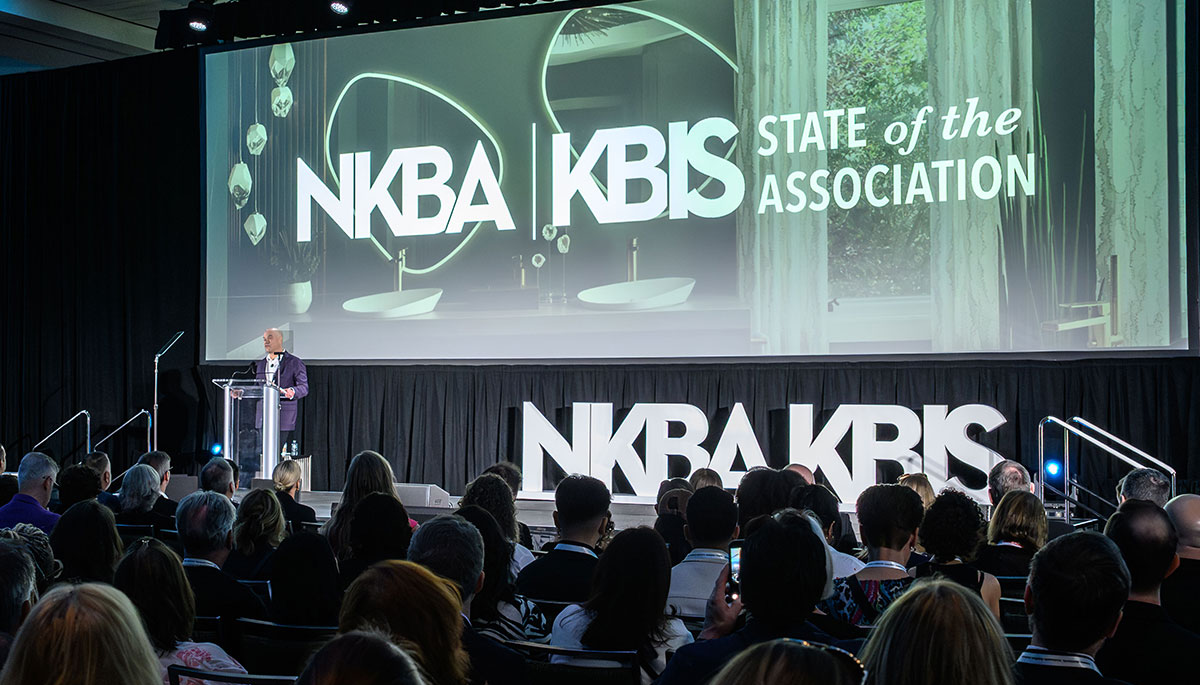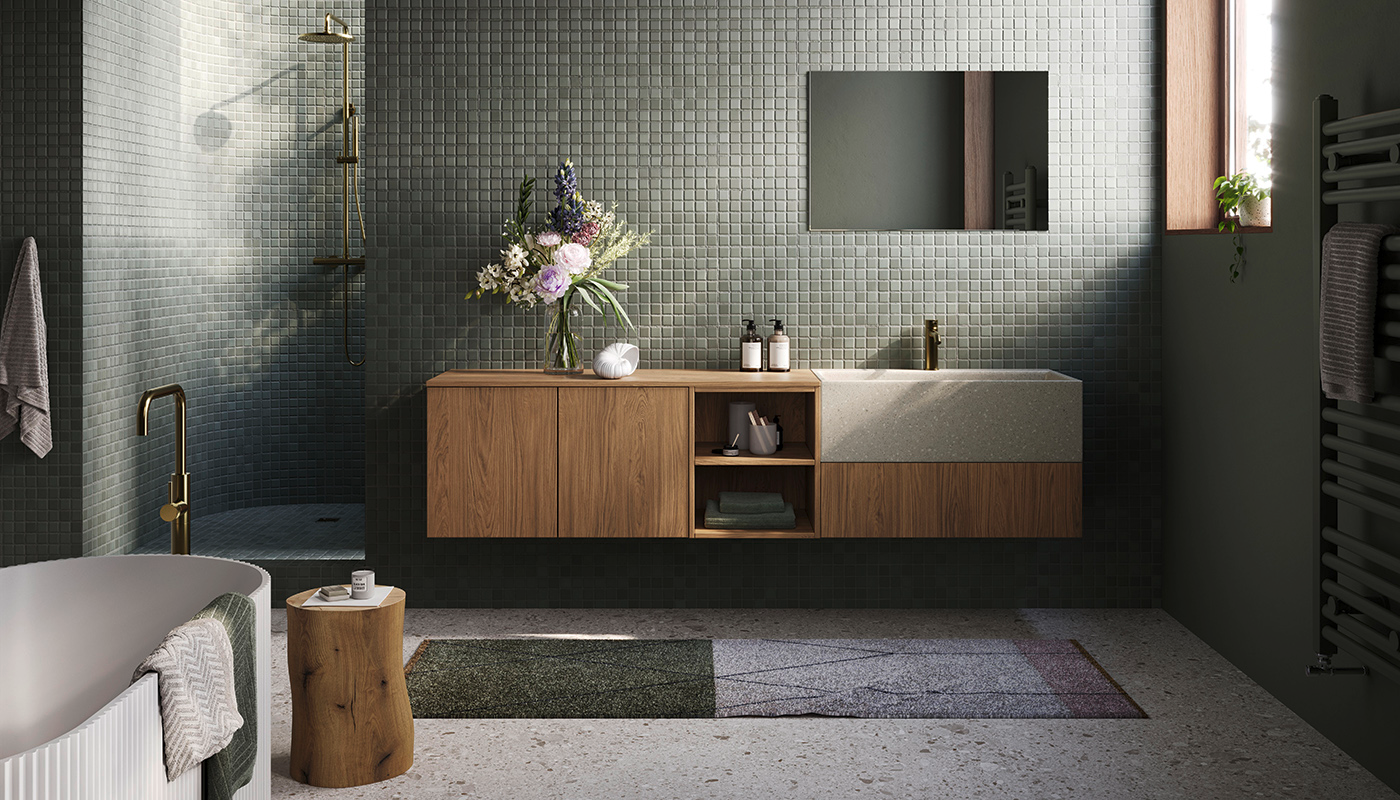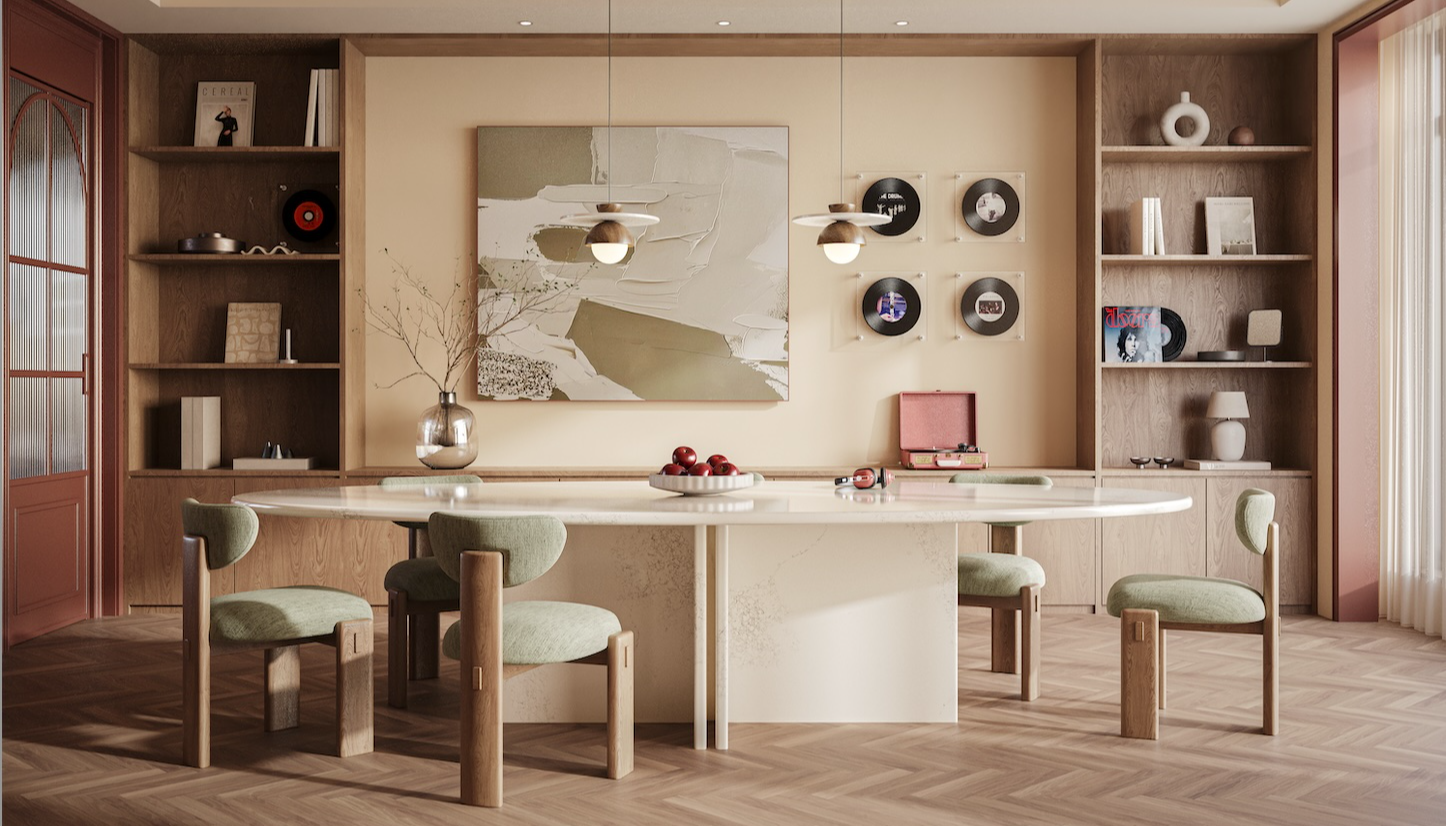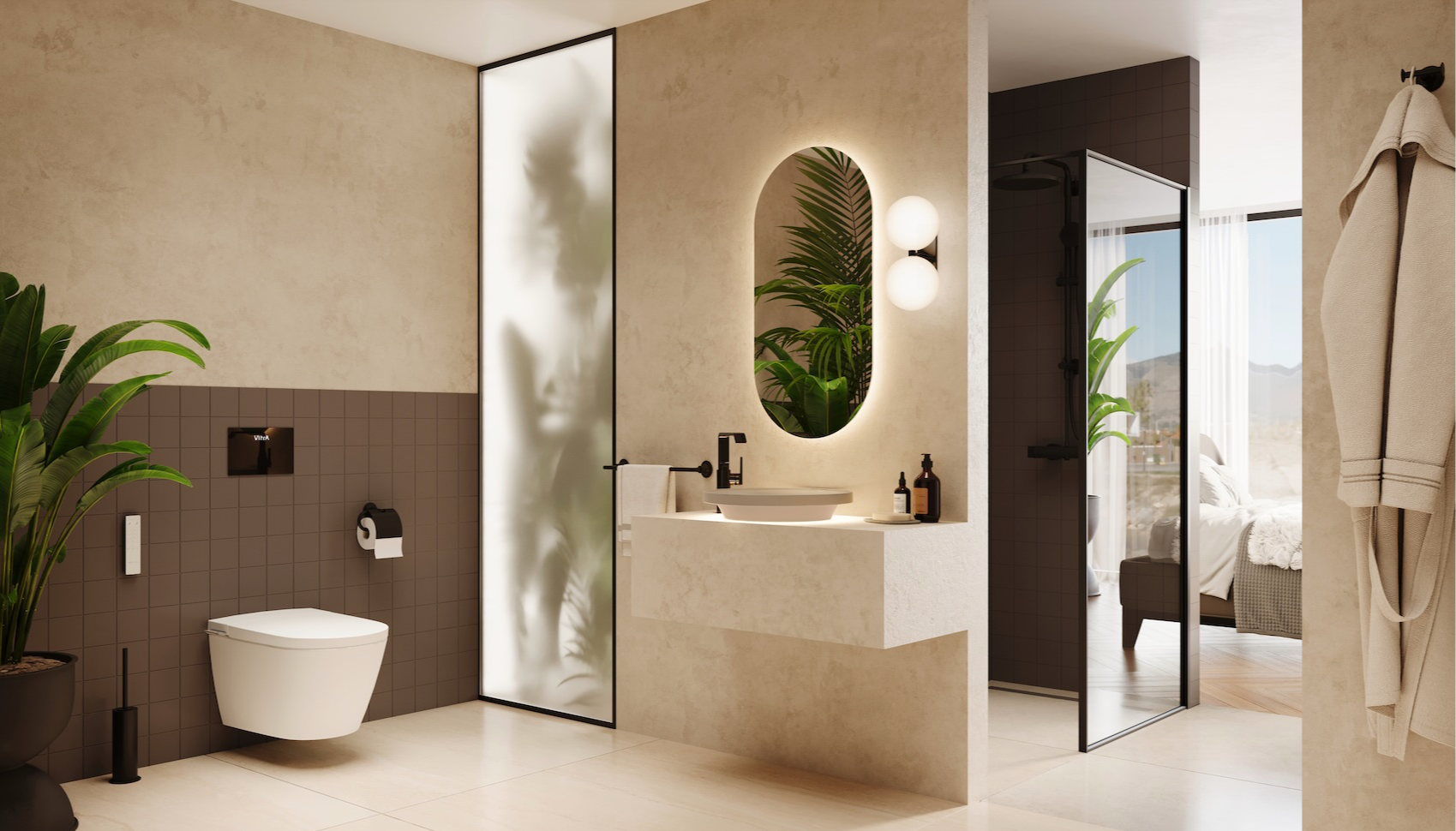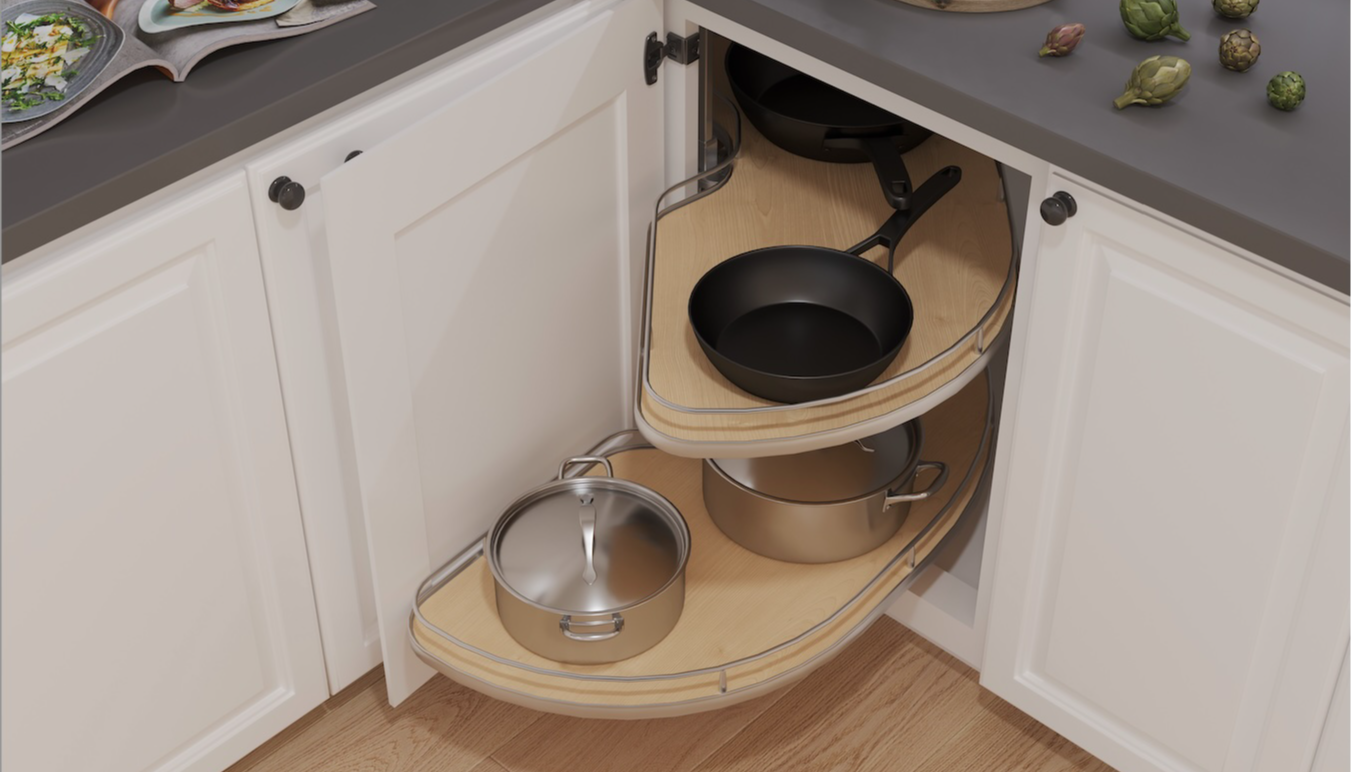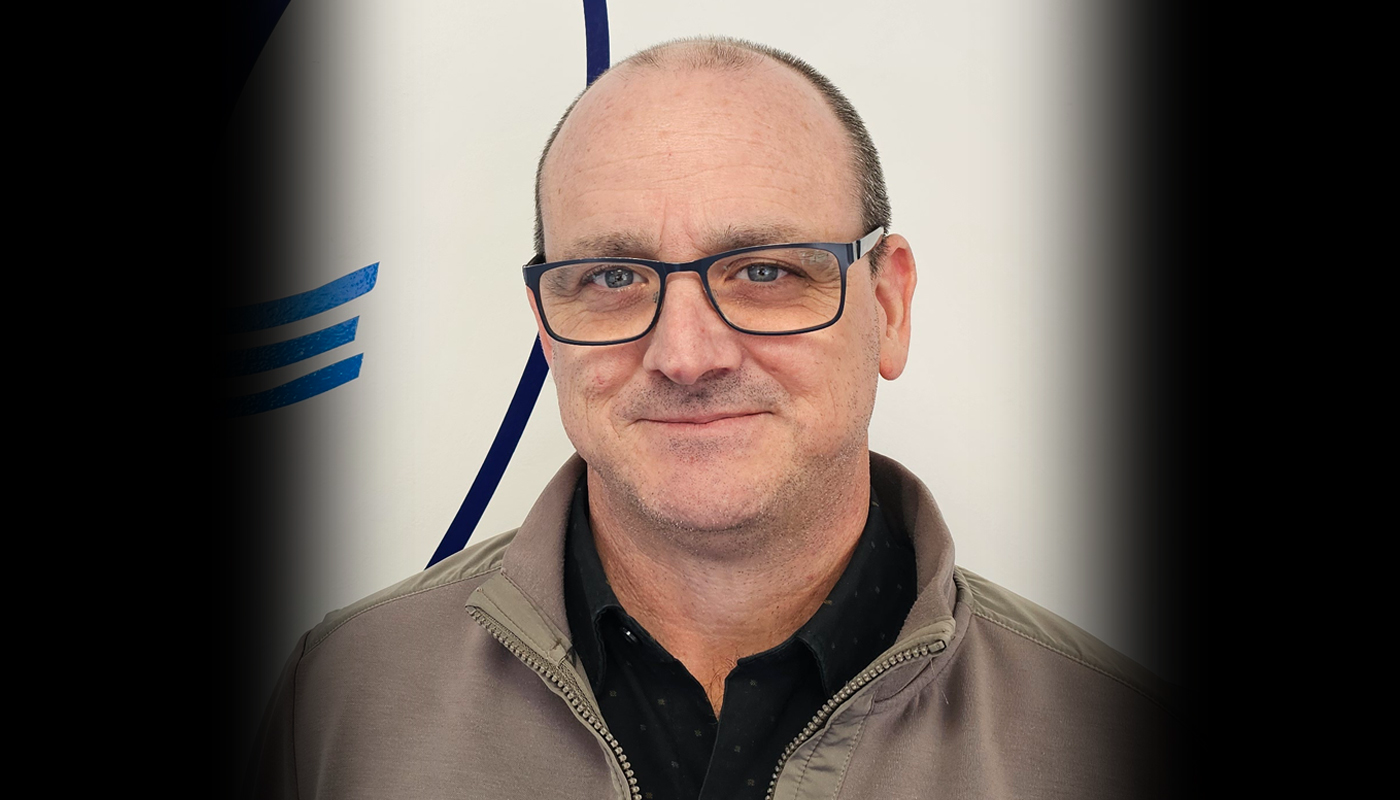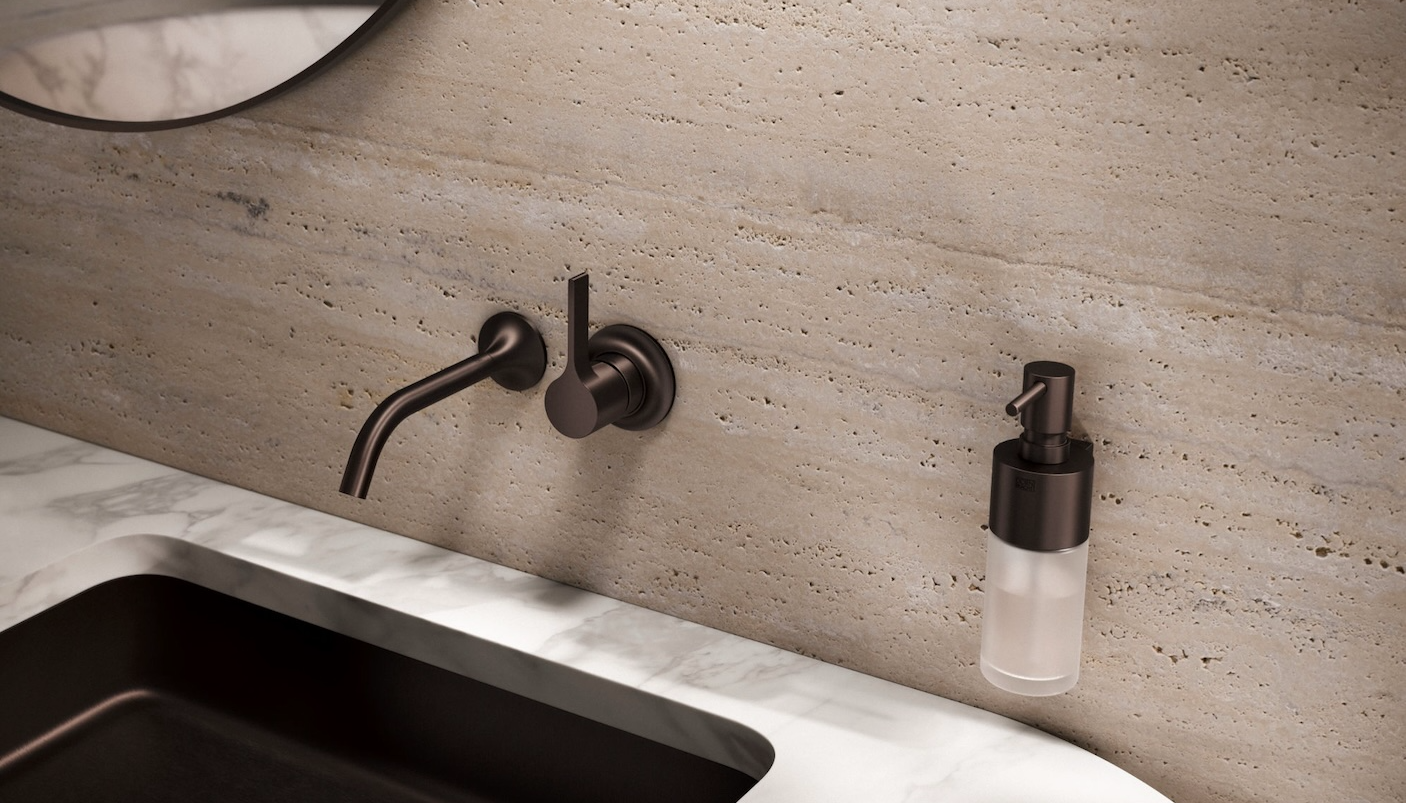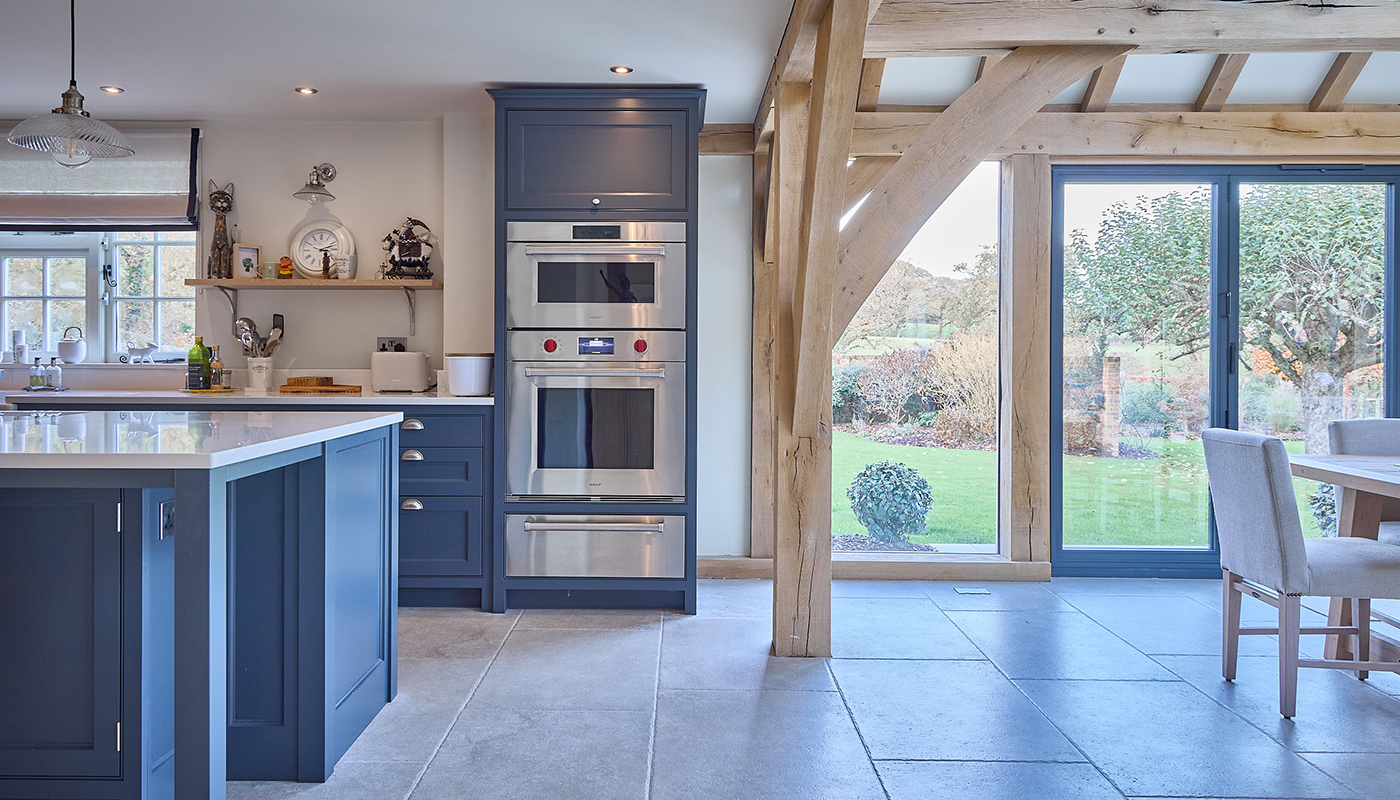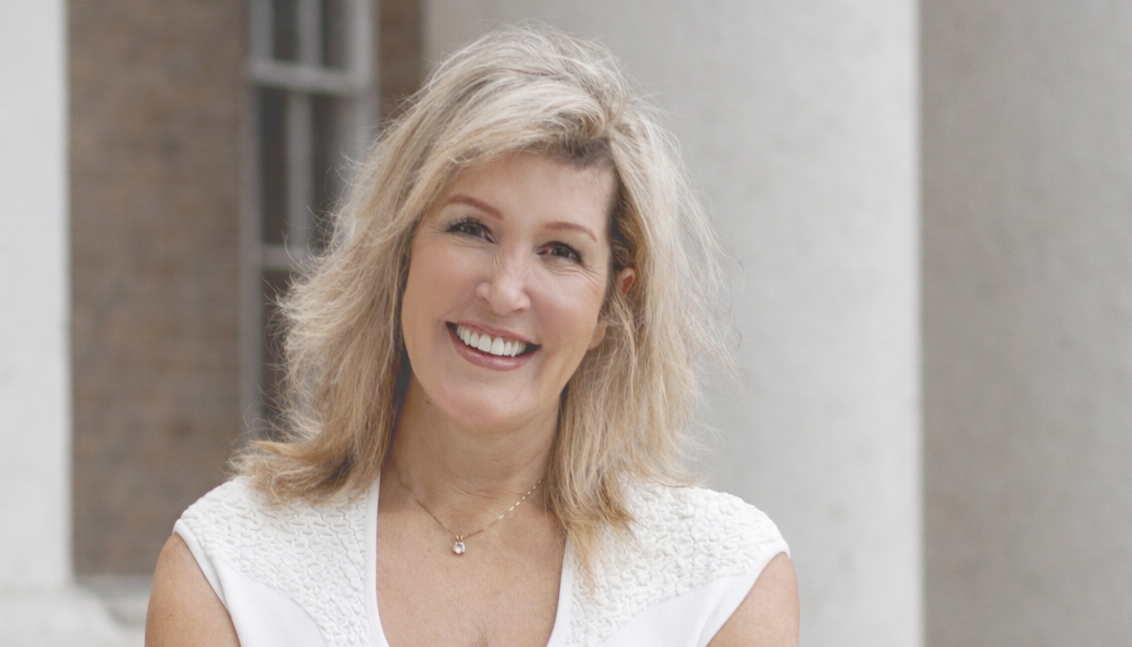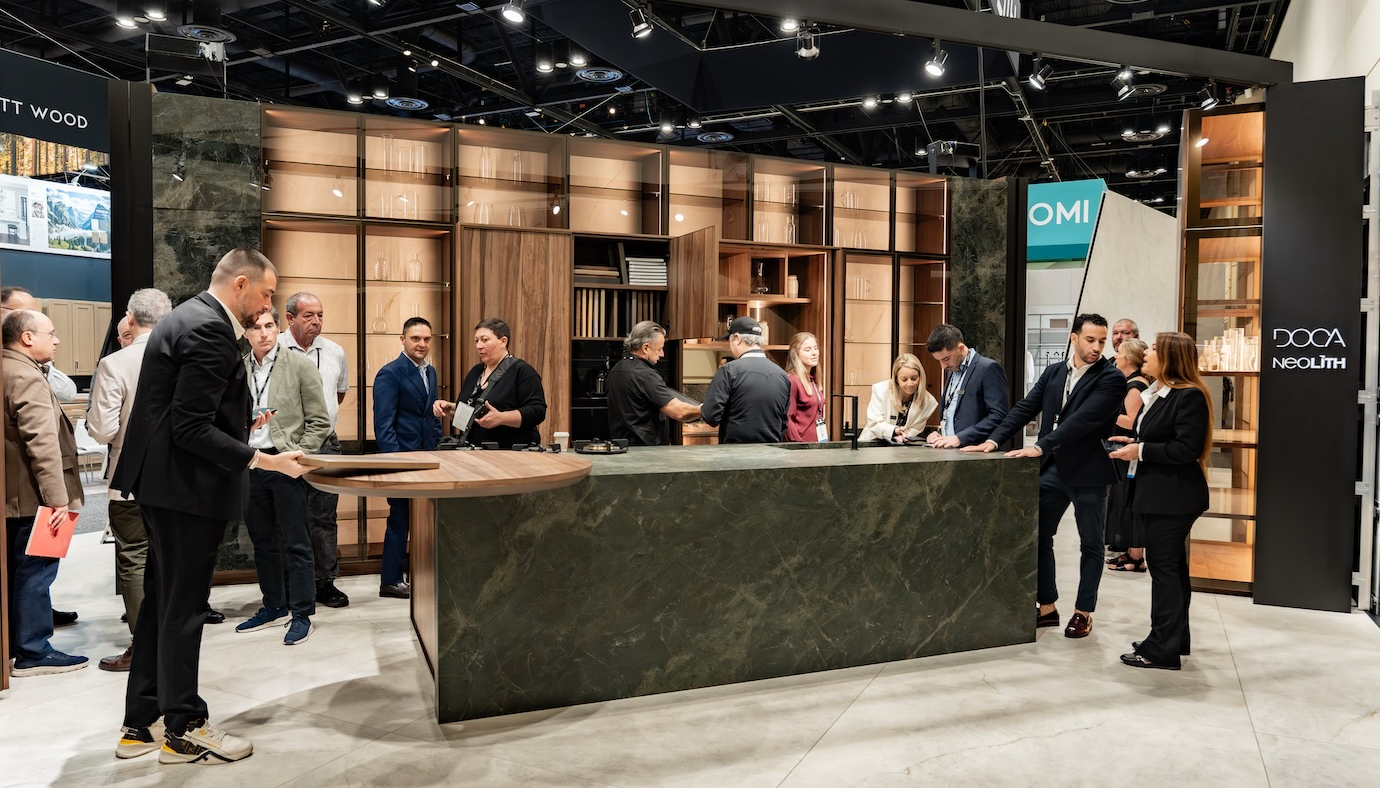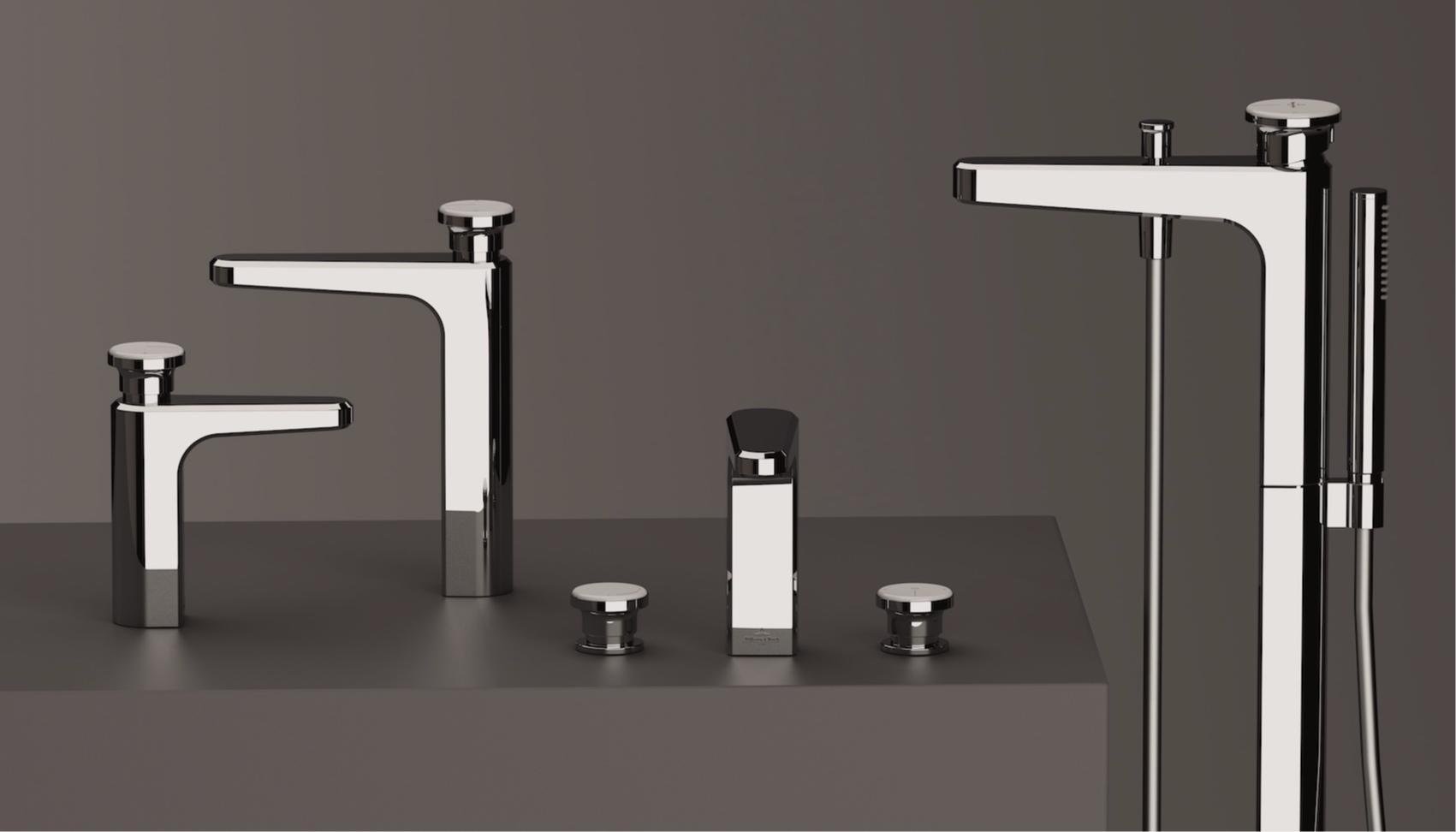Sustainable elegance: The rise of kitchens with a conscience
Fri 31st May 2024 by Lisa Hibberd
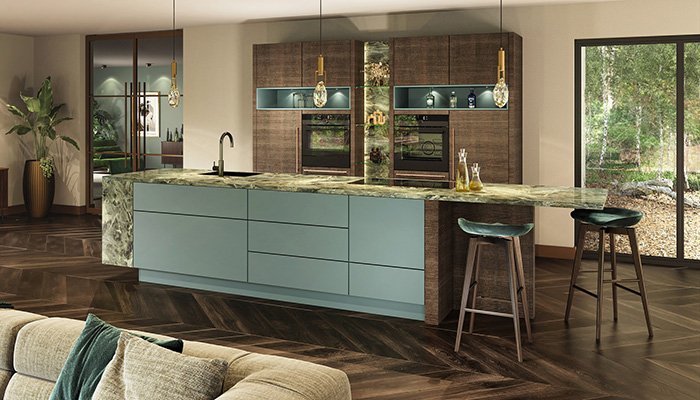
Sustainable elegance: The rise of kitchens with a conscience
With conscious kitchen design becoming a must for many eco-savvy clients, brands are extending their offerings as well as further educating their retailers. Lisa Hibberd discovers how manufacturers are continuing to respond to what is not just a trend, but a lifestyle choice.
“As the millennials and Gen Z come of age, our research indicates that sustainability is an increasingly important factor when it comes to making big ticket purchases, so I believe that our industry’s efforts will be reflected in growth in the years ahead, says Matt Phillips, head of UK operations at Rotpunkt. “Learning about everything from construction to logistics has now become part of the customer journey, as interior trends predict a growing investment in clear conscience design that benefits both home and lifestyle. Whether that be sourcing and production, through to packaging and delivery, shopping with a conscience has become the norm for many homeowners and this year it will become an integral part of the kitchen design conversation as brands are open about their policies.”
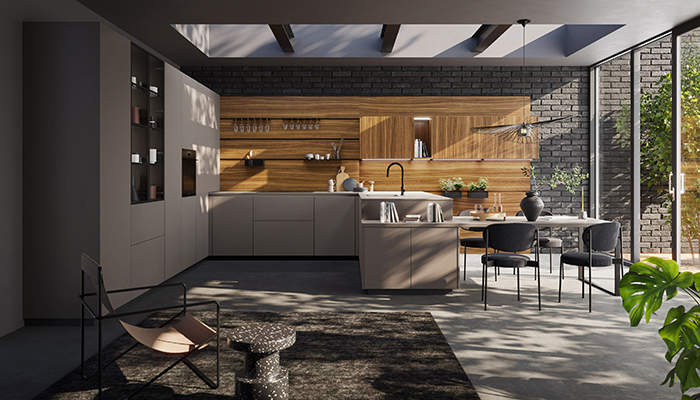
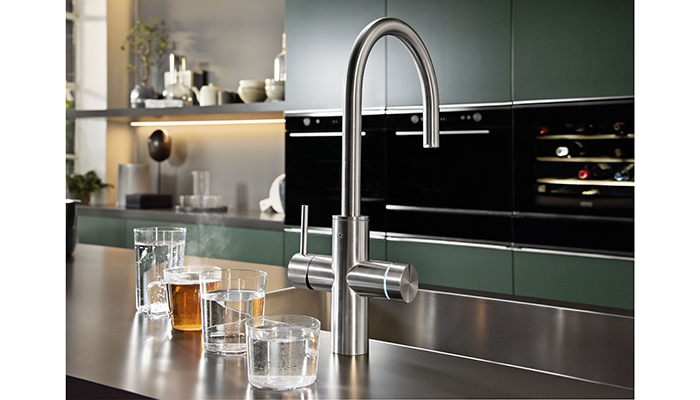
Simon Collyns, marketing and retail director at Symphony Group, believes that consumers are more keen than ever to understand the eco credentials and benefits of the products they are buying. “It is very important that retailers are fully informed on the sustainable products, features and technologies they sell so they can talk confidently to their customers. For example, when demonstrating water efficient taps, explain how much water can be saved. Offer energy-efficient lighting and low carbon products such as furniture made from recycled or sustainable materials – know the exact composition and percentage of recycled materials used."
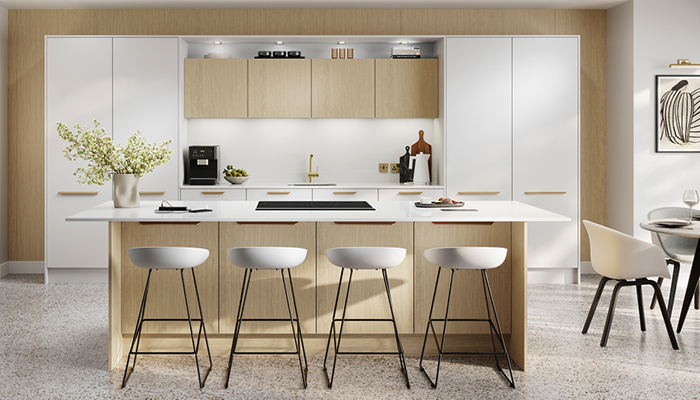
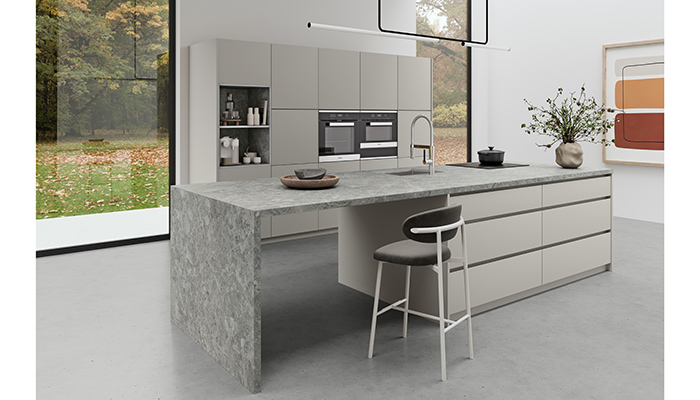
“When it comes to the kitchen and laundry areas, energy-efficient appliances are steadily growing in popularity as consumers seek to save money, as well as show their appetite for shopping with a conscience,” suggests Steve Jones, managing director at Sirius. “Given the amount of product information available online, some customers merely want to see a product in the flesh before making a purchase while others will be keen to establish exactly how noisy an appliance may be. We are finding that sustainable products are also supporting the wellness trend as more and more homeowners explore unique solutions to enhance their quality of life – in terms of having bespoke laundry and utility areas as well as hybrid kitchen living spaces which can also include home office elements. Practical luxury and sustainable design are definitely high on the wish list as homeowners want to create lifestyle interiors for the long-haul. Across the UK increasingly discerning end users are weighing up their options in terms of a higher upfront cost for long-term rewards and the reassurance of a premium brand focusing on what is the best bang for their buck right now, given cost of living constraints.”
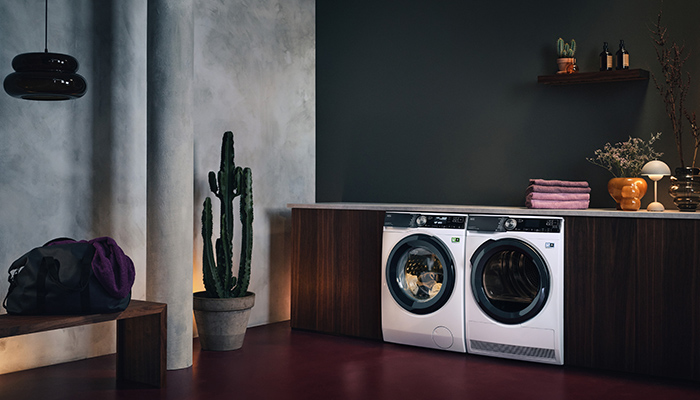
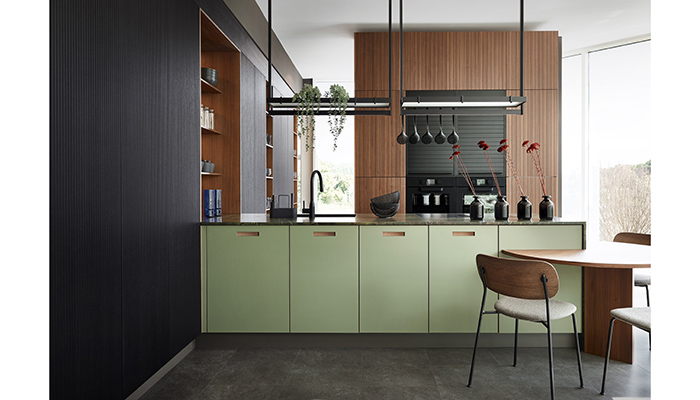
“Retailer training on the sustainability features of products is crucial, as consumers are more aware than ever about the impact that their choices have on the planet and want to understand a product’s eco credentials,” says Tom Hopper, Kitchens Manager at Miele GB. “Make sure you know them and can communicate the benefits of spending more on an appliance that has been made using mostly sustainable materials and the lower running cost of energy consumption. Miele offers an award-winning training programme for its retail partners which explains all benefits and points of difference to help inform and give sales advisors complete confidence in selling its products. When it comes to displaying in store – we have found that it is beneficial to use active models to help demonstrate and educate. Position yourselves as real experts and authorities in this area to set yourselves apart from your competitors – offer real value with your advice to ensure your customers feel they are doing the right thing for both their own pocket and the environment.”
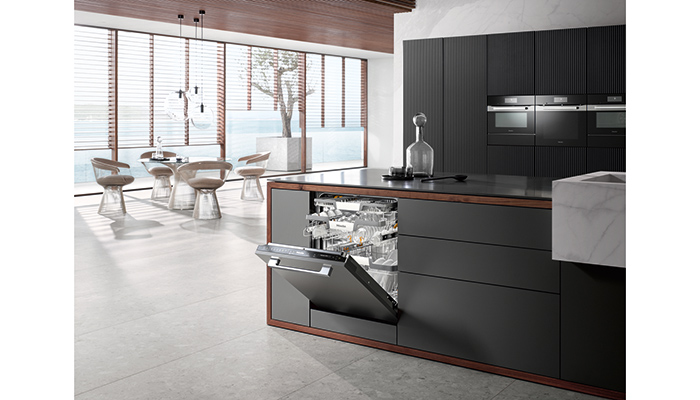
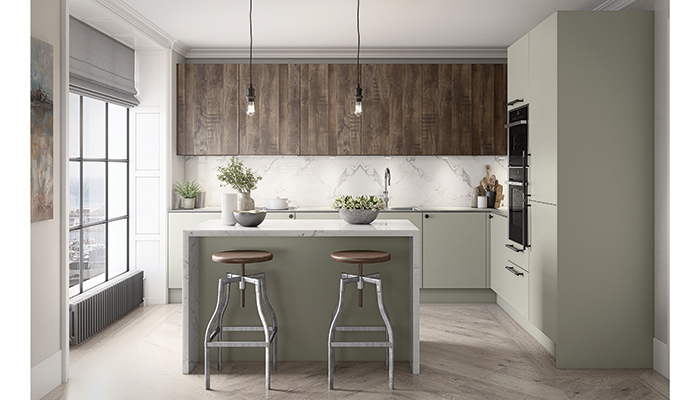
Tim Spann, national sales manager UK for Keller Kitchens, recommends that plenty of support is given to retailers in order to successfully promote their eco-friendly ethos. “For our part we offer kitchen furniture produced by the most sustainable means possible and promote sustainability as our number one USP. By doing this, we are bringing consumers to the door who are looking for planet friendly solutions. Whilst sustainability is for all we are seeing that the younger generations are naturally more engaged with the subject. We offer our partners product training and POS collateral to support the efforts of retailers setting themselves out as the sustainable option in their area, and we have an extensive programme of PR and social media promoting our stance, achievements and products.”
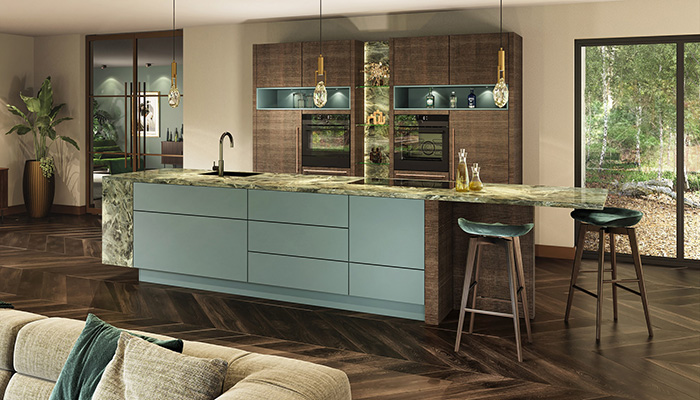
“The UK population is expected to grow by another six million by 2043, and as an industry leader we are keenly aware of our responsibility to protect the environment and save precious resources such as energy and water,” says Paul Illingworth, design manager at Abode. “We are finding that developing sustainable products, services and practices goes hand in hand with our core values of passion, innovation and assurance in luxury interior design. Monitoring lifestyle trends and future projections underpins our approach and I believe there is always room for improvement and new ideas. Concerns about water management are likely to become increasingly prevalent due to our changing climate, ageing population and housing supply shortage. In fact, experts are pressing for increased drought resilience measures in England as the UK is one of the highest consumers of water in Europe. In view of this, everyone in the kitchen industry has an opportunity to help buyers save time, money and energy with products which will assist a more considered approach to using water as well as responding to the rising cost of living.
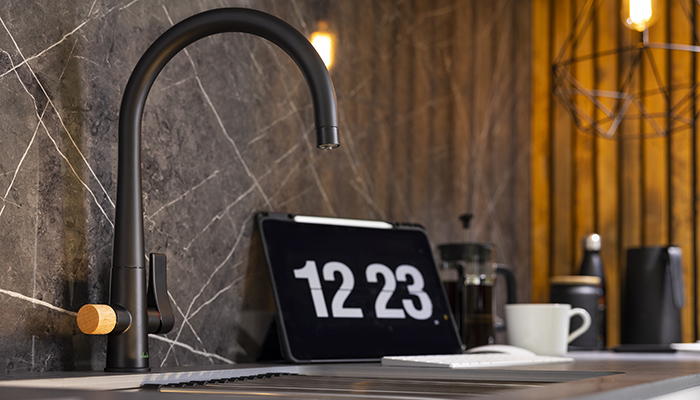
Tags: kitchens, features, sustainability, eco design, rotpunkt, franke, symphony, neolith, electrolux, aeg, sachsenküchen, miele, daval, keller, abode






